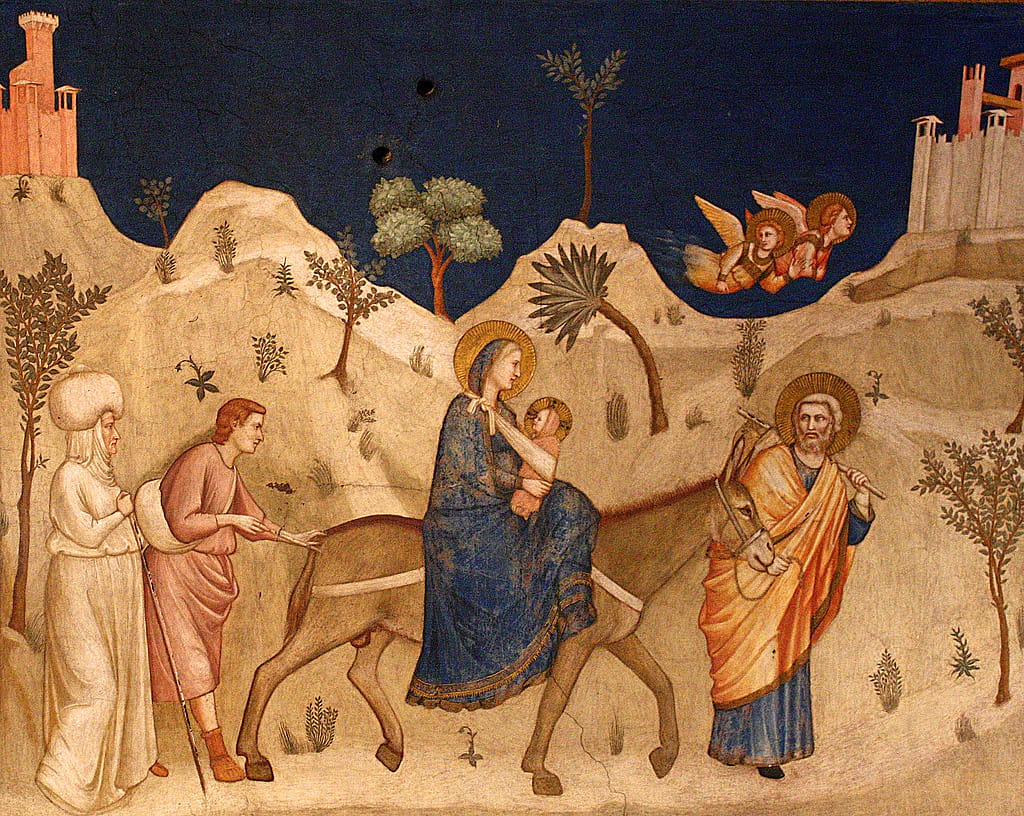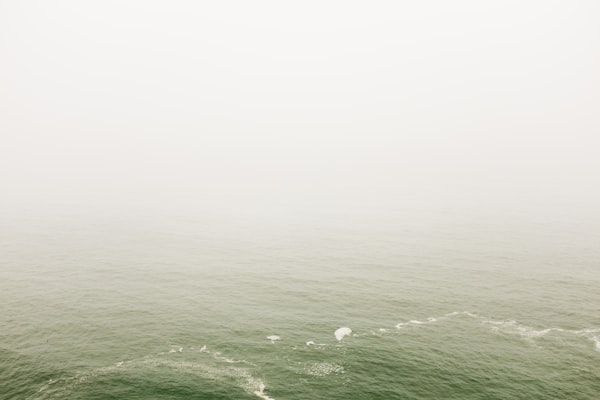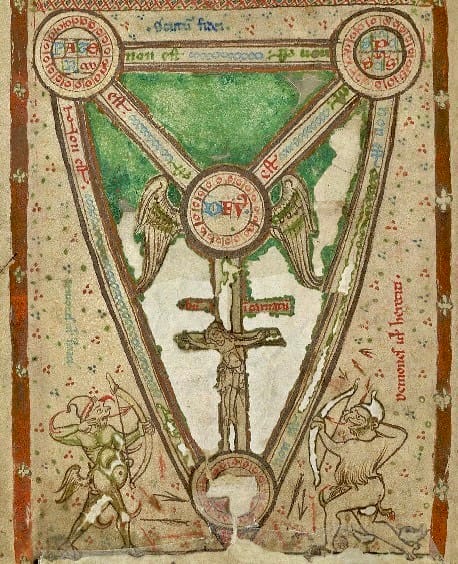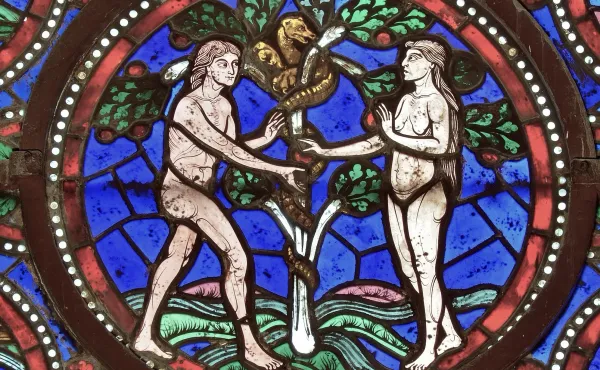Steinbeck, Divine Stupidity, and Finding God in the Darkness

In the opening chapter of East of Eden, John Steinbeck artfully (and rather wistfully) reports his take on the spiritual consciousness of American pioneers in the late 19th-century – many of them first- and second-generation immigrants, and therefore migrants twice over.
Writing specifically about those families who settled in the Salinas Valley, Steinbeck laments that such fortitude (or confidence, really) is "nearly gone from the world" because of a change in man's self-conception.
"It wasn't very long until all the land in the barren hills near King City and San Ardo was taken up, and ragged families were scattered through the hills, trying their best to scratch a living from the thin flinty soil. They and the coyotes lived clever, despairing, sub-marginal lives. They landed with no money no, equipment, no tools, no credit, and particularly with no knowledge of the new country and no technique for using it. I don't know whether it was a divine stupidity or a great faith that let them do it. Surely such venture is nearly gone from the world.
And the families did survive and grow. They had a tool or a weapon that is also nearly gone, or perhaps it is only dormant for a while. It is argued that because they believed thoroughly in a just, moral God they could put their faith there and let the smaller securities take care of themselves. But I think that because they trusted themselves and respected themselves as individuals, because they knew beyond doubt that they were valuable and potential moral units — because of this they could give God their own courage and dignity and then receive it back; such things have disappeared perhaps because men do not trust themselves any more, and when that happens there is nothing left except perhaps to find some strong sure man, even though be may be wrong, and to dangle from his coat-tails."
Whether Steinbeck's diagnosis is accurate (it does seem a bit...sentimental), it's hard not to mark the contrast between the sort of resolve these people needed to traverse their continent by foot or hoof, scraggly children in tow, and the sloven constitutions we (some of us, at least) have today.
We're comfortable, more or less, and are content to tip our hats to these pioneers from a distance (of about 150 years), knowing well we have neither the will nor the know-how to make such a journey ourselves. But that's because, we like to think, we don't have to. That work is done. Our continents are tamed. Our mountains, conquered. The depths of our seas (and far deeper), plumbed. Even the world's information, we have logged and leveraged – it is now, supposedly, beginning even to "think" for itself.
We live beyond the frontier. Is pioneering necessary?
But of course, no one lives beyond their frontier. And a real frontier isn't easy to see. It's only known, really, by those discovering it. What is dark and not yet known cannot, of course, play any part in our calculus of what is and is not. Can we know whether one is "on the frontier?" Is this determination not first a matter of conviction by the pioneer herself, and then of our collective and necessarily-retrospect diagnosis about what, exactly, happened to "push us forward," and (only then) who were truly pioneering?
(Never mind those poor souls whose pioneering energies, not different in kind than their "successful" counterparts, resulted in disaster – outside of the Pontifical Academy of Martyrs, maybe, we tend to have little patience for those who managed to die along the way.)
Just as the eye cannot see in the dark, the mind – subjective or collective, pioneer or not – cannot foresee its own advance.
In the wake of Epiphany, such pioneers ought, maybe, bring to mind Joseph and Mary plodding through the Jordan valley, and then (with Jesus) across the Sinai peninsula, heeding the mandates of a dream. This dream, of course, was had by only one of them, and it led them into the darkness of a faraway land.
"Divine stupidity" or "great faith" (per Steinbeck), indeed.
But follow the dream, they did – an act of faith, most certainly, and not of enlightened prudence. More akin to Steinbeck's unabashed pioneers, I think, than the waspish Hebrews traipsing, several centuries prior, toward Canaan behind a fiery and luminous cloud.
How many of our divine dreams do we bury? Because following them seems ill-advised (like wandering Sinai with a baby)? Because we don't, as Steinbeck bemoans, believe that we belong to God and that our efforts toward holiness are their own reward?
Because, in other words, the way is dark?
"God is always needing to be born. What good is it for the Creator to give birth to his Son if I do not also give birth to him in my time and my culture? This, then, is the fullness of time: When the Son of Man is begotten in us."
That's Meister Eckhart in a quote fitting to end this Christmas season.
Can we expect to give birth to God in our own worlds if we will not so much as be in the dark? And for those of us on this planet, can the "fullness of time" really reside anywhere but beyond the pale of our sensory, time-bound existence?
It can often feel silly to speak of spiritual things. When doing so, we allude to things we can neither see nor verify. Non-discursives, even. We can't confirm, per se, whatever "cause-and-effect" operations govern the divine spheres, and certainly not such that we might leverage that economy for some benefit here-and-now.
But just as the pioneers' map was both blank and part of their daily experience, thus is our knowledge of the divine. Something is there, because it shines forth. But it can be known only by those who enter into it.
"Moses' vision of God began with light," writes Gregory of Nyssa. "Afterwards God spoke to him in a cloud. But when Moses rose higher and became more perfect, he saw God in the darkness."




